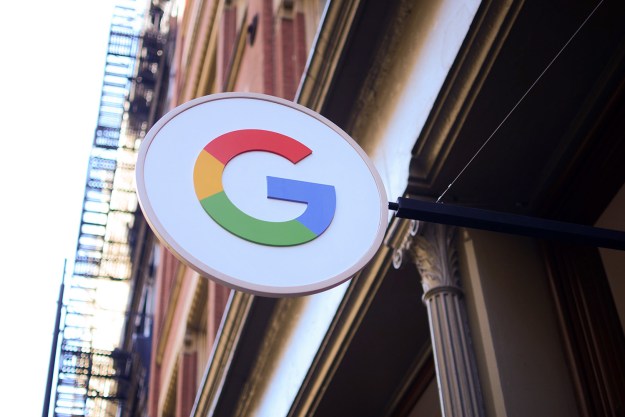
Beginning today, Google will begin showing a confirmation page to early users of Google Buzz, asking them to review their privacy settings and make sure they’re disclosing only information they’re comfortable with…since that may not match what Google Buzz is actually showing other people.
When Google launched Google Buzz back in February—with a lot of fanfare to Gmail users but little warning—the company took a serious shot to the chin from Gmail users and privacy advocates. As initially rolled out, Google Buzz created a public user profile that offered a public list of a user’s most frequent email contacts—essentially, publishing a portion of a user’s previously private Gmail address book for all to see.
Google has since gone back and re-worked its startup experience for Google Buzz, more clearly disclosing the nature of the service, making privacy controls more accessible, and rolling out additional controls.
The problem, of course, is that anyone who jumped into Google Buzz before Google revamped the introduction to the service may not be aware of the new privacy and management controls. (By Google’s own admission, millions of people tapped into Buzz before the changes were rolled out.)
Google’s move to inform early Buzz users about its changes comes almost a month and a half after they were initially introduced. Although the furor around the launch of Google Buzz may have served to inform early Google Buzz users of possible privacy issues, that’s not the same as having Google Buzz present a summary of the information that wil be available to others, enabling users to make changes, and requiring their confirmation.
Google has also added a comment-collapsing feature to Google Buzz discussions to make them easier to manage and scan.
Google launched Buzz in an effort to compete with the likes of Twitter and Facebook and capture real-time discussion amongst its users. Privacy groups have urged the Federal Trade Commission to look into whether the service and its launch violated consumers’ rights.
Editors' Recommendations
- Google just settled a $5B privacy suit involving Chrome browser
- Google is creating ‘internet surveillance DRM,’ critics say
- Why Google Chrome Incognito Mode isn’t what it claims to be
- Google has a new plan to replace cookies. Will it work?
- How to set up Google Voice on your smartphone or computer


